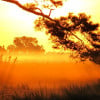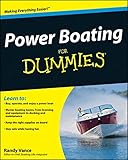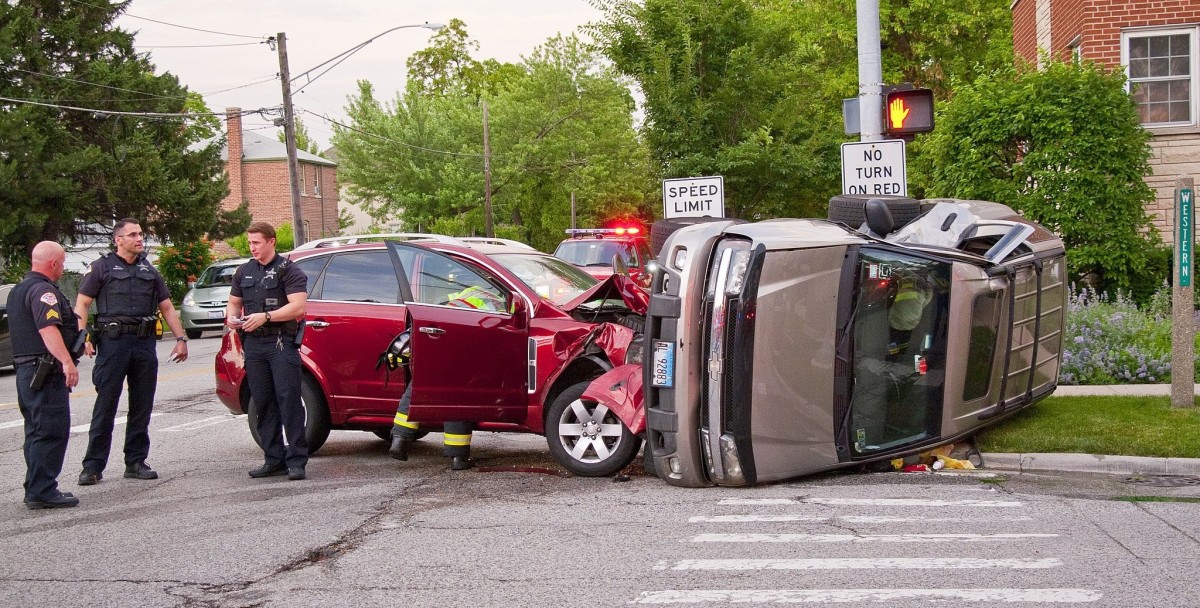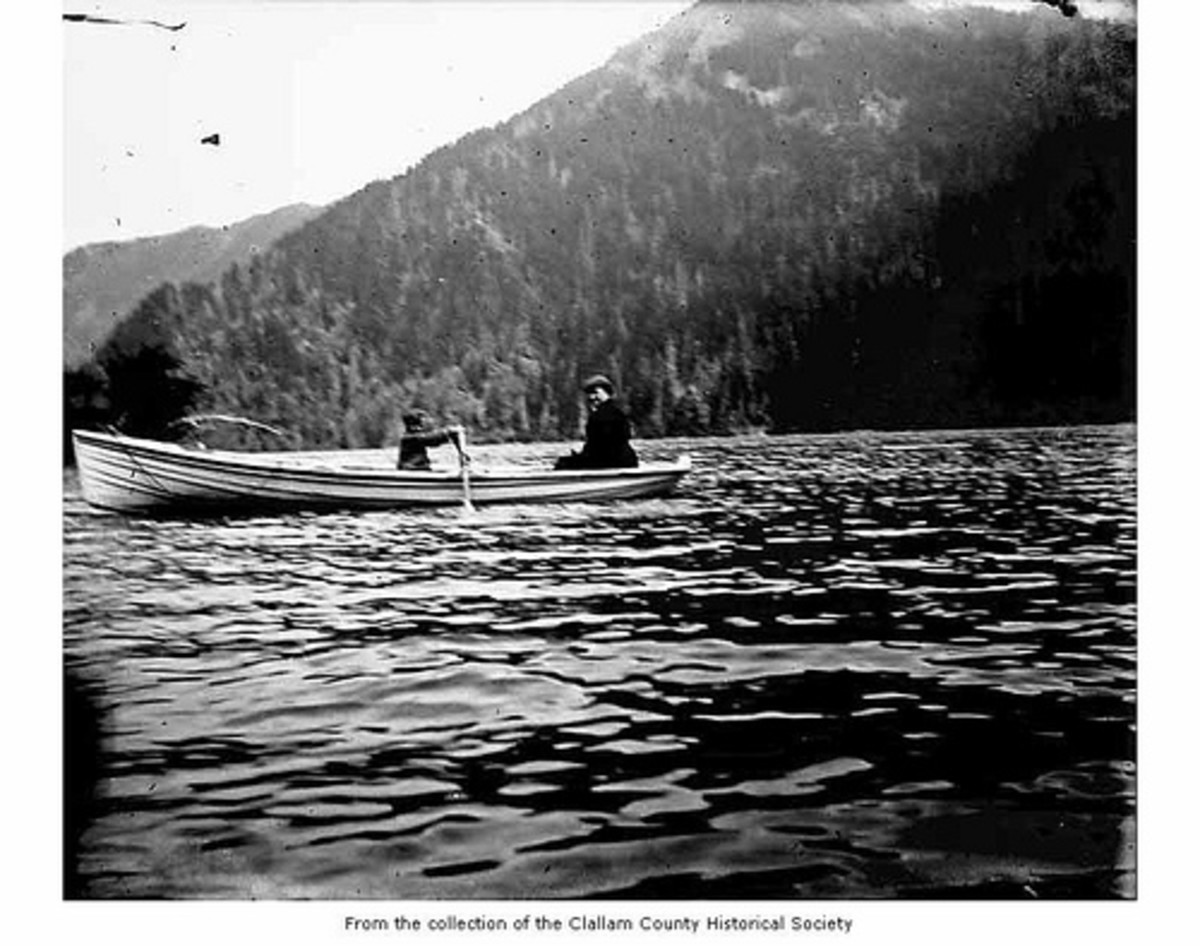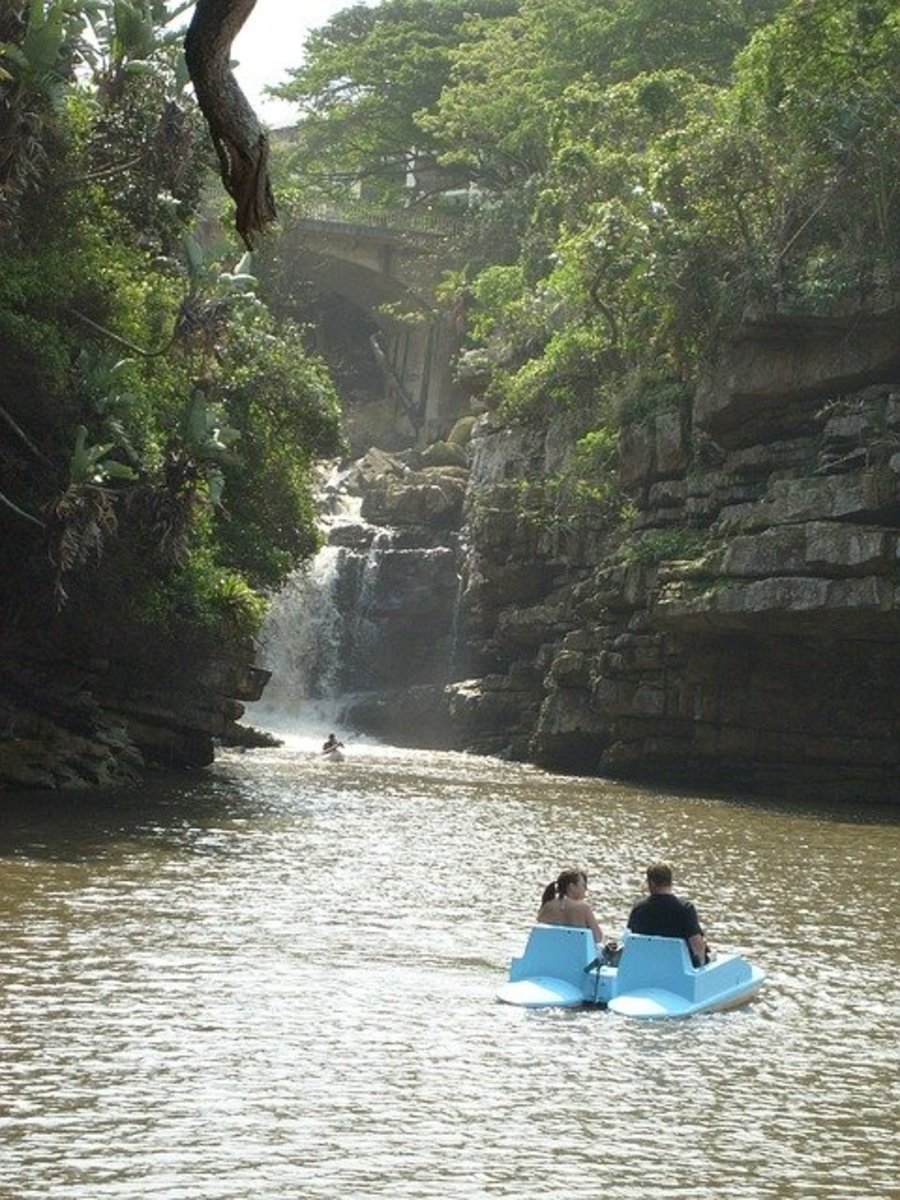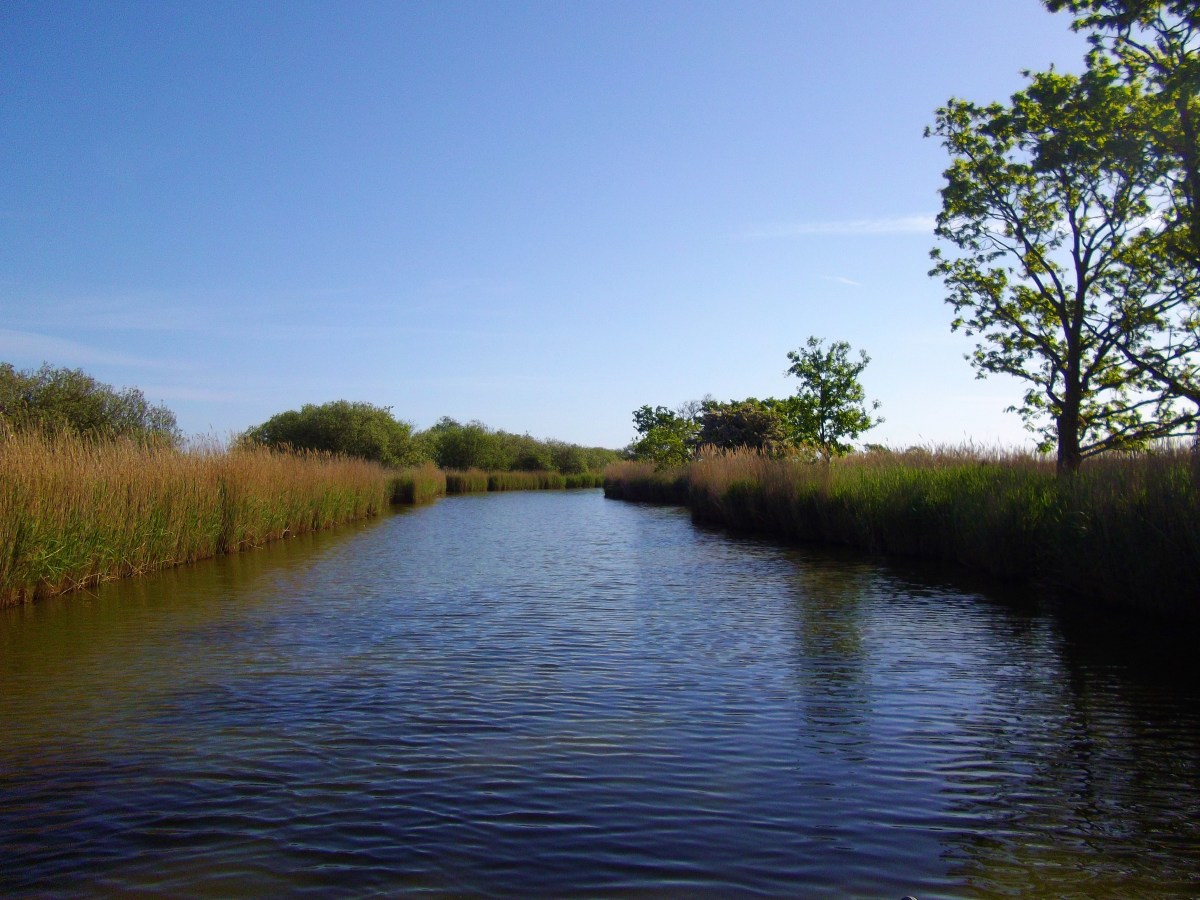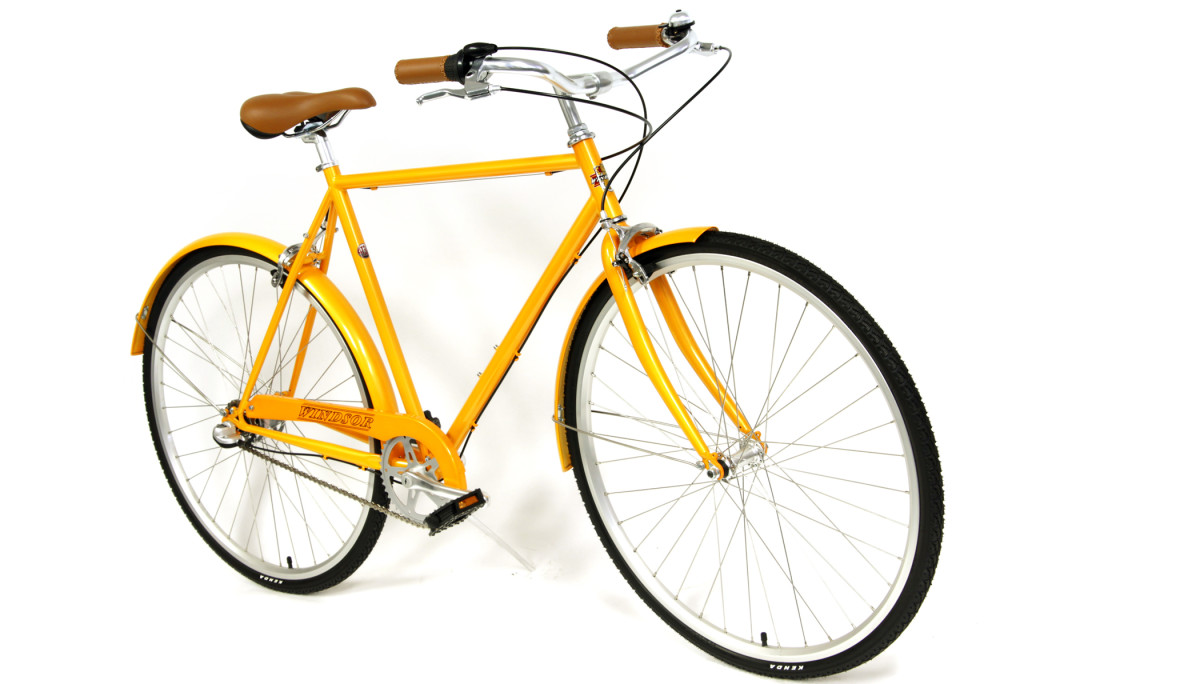Boating

Boat and Boating Information
In the USA and throughout the world, boating is a popular past time. Popular boats include kayaks, canoes, jon boats, fishing boats, pontoon boats, ski boats, cruising boats, sailboats, commercial fishing boats, and other vessels.
Owning a boat requires knowledge in areas such as weather, navigation, safety, mechanics, hydraulics, electricity, marine electronics, and other subjects.
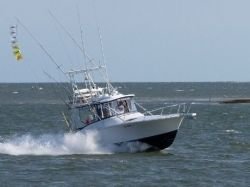
Boating
Boating is among the most popular past times in the USA and Worldwide. Boats range from just a few feet to monster yachts.
Popular boats include kayaks, canoes, jon boats, fishing boats, ski boats, cruising boats, sailboats, commercial fishing boats, and even miniature radio controlled boats of every type imaginable.
Boat owners find that the initial purchase price is just one expense of boat ownership. Maintenance, marina costs, trailers, storage, fuel costs, insurance, taxes, electronics upgrades and other expenses shock the new boater rather quickly.
Boating Safety
Boating Safety Tips from Maryland Department of Natural Resources and the United States Coast Guard
The following are some simple -- potentially life saving tips -- for staying safe on the water:
In and around the water
* Make sure you and your children can swim - but remember, knowing how to swim DOES NOT make people drown-proof;
* Never swim or paddle a canoe or kayak if you have been drinking alcohol;
* Never dive into rivers, lakes, ponds, or the ocean -- always jump FEET FIRST to avoid hitting your head on a shallow bottom;
* Be aware of water conditions and obey any posted warnings -- even lakes and rivers can have undertow, especially near dams;
* Be aware of local weather conditions -- strong winds and thunderstorms with lightning strikes are dangerous;
* Always swim with a buddy;
* Learn CPR; and
* Remember that lifeguards are not babysitters and cannot replace active adult supervision.
While Boating
* Life jackets are for everyone and should be worn during all boating activities;
* Blow-up water wings, toys, rafts, and air mattresses should never be used as life jackets or life preservers;
* Know and obey navigation rules, operate at a safe speed and maintain a proper lookout;
* Stay in control of your vessel and respect the rights of others enjoying the waterways;
* Ensure that your boat is never overloaded; and
* Remain sober and alert - the use of alcohol contributes to accidents on the water.
USCG Boating Safety Statistics and Tips
The U.S. Coast Guard's 2007 Recreational Boating Statistics show:
685 fatalities, 3,673 injuries, 5,191 accidents and $53 million in property damage.
90 percent of drowning victims were not wearing life jackets.
Alcohol was the leading contributing factor in approximately one-fifth of all boating fatalities.
Only 14 percent of all boating fatalities occurred on boats where the operator had received boating safety instruction.
The most reported type of accident was a collision with another vessel. However, capsizing and falls overboard are the most reported types of fatal accidents and accounted for the majority, 60 percent of all boating fatalities.
Overall, operator inattention, carelessness or reckless operation, excessive speed and passenger or skier behavior are the leading contributing factors of all reported accidents.
USCG Safety Tips for Boaters
Make sure a friend or relative knows your float plan. A float plan states where you are going and how many people are on board your vessel. It also gives a vessel description, details your destination and what time you expect to arrive there. If you are delayed for some reason, make sure you let someone know.
Make certain to check the local weather prior to departing the dock. Weather can change very rapidly and you should keep a watchful eye on the forecasted conditions.
Have nautical charts of the area you are boating in, a global positioning device and a reliable means of communication on board your vessel. VHF radio is the best method of communication while on the water. Although cell phones are a good backup, they can be unreliable due to gaps in coverage area and an inevitable dead battery.
Wear your life jacket! In an emergency, there might not be enough time to put one on, so wearing one at all times may save your life.
More Water Safety Information
National Safety Council (www.nsc.org),
American Academy of Pediatrics (www.aap.org),
Safe Kids USA (www.usa.safekids.org),
Center for Disease Control and Prevention Injury Center (www.cdc.gov/ncipc),
National MCH Center for Child Death Review (www.childdeathreview.org/causesD.htm)
American Canoe Association (www.americancanoe.org)
Boating Links
- Commercial Fishing
a resource for commercial fishing, aquaculture, online seafood vendors, seafood wholesalers, bait dealers, equipment suppliers, fishermen, commercial boat builders and anyone interested in commercial fishing. - Nautical Art
Nautical artwork covering subjects such as boats, boating, lighthouses, ocean scenes and more. Specialty sites carry products such as t shirts, clothing, jewelry, paintings, prints, photographs, sculptures, carvings, decoys and more.
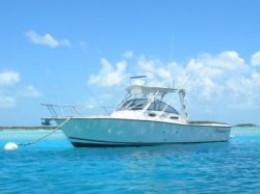
Boat Charters, Guides, Rentals, Tours and Cruises
People that don't want to own a boat can utilize rentals, guides, charter boats, head boats, tours, or commercial cruises. These services allow boating enthusiasts to enjoy a day on the water on craft ranging from small kayaks, sportfishermen, custom sailing yachts or even a full size cruise ship.
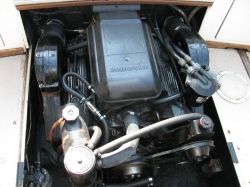
Winter Boat Engine Layup
These are basic steps to winterize marine engines.
* Fill the fuel tanks and add the appropriate amount of stabilizer.
* Run the engine long enough to get treated gas into the fuel line and engine.
* Flush the cooling system. Remove block plugs and drain all the water from inboard type engines.
* Pump in environmentally safe anti-freeze.
* Fog the engine with oil to prevent rust.
* Check the spark plugs and replace them as necessary.
* Replace the oil and oil filter on inboard type engines.
* Change the lower unit gearcase lubricant on outboards and inboard/outdrive
engines.
* ALWAYS consult your owners manual for winterizing and layup specifics.
Federal Education Requirement for Recreational Boat Operators Receives Renewed From NBSAC
During the 80th meeting of the National Boating Safety Advisory Council (NBSAC), Council members unanimously voted in favor of a resolution recommending that that U.S. Coast Guard (USCG) continue to seek Statutory Authority to require that a boat operator, on waters subject to the jurisdiction of the United States, possess a certificate showing completion of an education course or its equivalent. The Council also recommended that the USCG assemble a task force to develop a draft of the minimum proposed mandatory education requirements that meet current educational standards. The objective of this task force is to resolve multiple interpretations, advance the process, and clarify their intent prior to legislative authorization.
For more information, see www.uscgboating.org
Boating Books
United States Coast Guard Urges Boaters to Carry an EPIRB Rescue Beacon
USCG Recommends 406 MHz EPIRB Technolgy
Although recreational boaters are not required to carry an EPIRB, they are strongly recommended for ALL boaters, including kayaks and other paddle craft, along with a VHF-FM marine band radio. The 406 MHz signal sent by the newer EPIRBs when a mariner encounters distress are picked up by the COSPAS/SARSAT satellite constellation, which determines the EPIRBs position through triangulation. EPIRBs with embedded GPS are even more helpful in quickly finding a distressed boater. With GPS coordinates, the position of distress is pinpointed almost immediately. Without GPS, it may take two or three satellite passes to come up with a good, triangulated position.
source: USCG press release
The Naval Vessel Protection Zone
Boaters can help keep our waterways safe and secure by abiding by the Naval Vessel Protection Zone regulation, staying away from security and other
prohibited areas, and reporting suspicious activities they observe to local
authorities.
The Naval Vessel Protection Zone Regulation changes the way boaters need to handle their vessels.
The following are tips to help boats comply with the regulations:
* Keep your distance from all military, cruise-line, or commercial shipping.
* Do not approach within 100 yards and slow to minimum speed within 500 yards of any U.S. naval vessel, including any U.S.
military or military supply vessel. Violators of the Naval Vessel Protection Zone face up to 6 years in prison and a $250,000 fine, not to mention a quick
and severe response!
* Approaching certain other commercial vessels may result in an immediate boarding.
* Observe and avoid all security zones. Avoid commercial port operation areas, especially those that involve military, cruise-line, or petroleum facilities.
Observe and avoid other restricted areas near dams, power plants, etc. Violators will be perceived as a threat, and will face a quick, determined, and severe
response.
*Do not stop or anchor beneath bridges or in a channel. If you do, then expect to be boarded by law enforcement officials.
* Keep a lookout for anything that looks peculiar or out of the ordinary. Report suspicious events to the local authorities, the U.S. Coast Guard, or the port or marina security. Contactl the U.S. Coast Guard National Response Hotline at 1-800-424-8802, or use VHF Channel 16.
* Do not approach or challenge those acting in a suspicious manner.
* Always secure and lock your boat when not on board. This includes while visiting marina restaurants, public and private docks and when stored.
Marine Telematics
Marine telematics systems normally consist of a user interface, satellite antenna, and a communication link with the vessel’s electronic systems.
Marine telematics technology can be vital to the user since it provides a vital satellite link to the outside world when other communications may unavailable.
Marine telematics systems use wireless or satellite data communication systems which provide vessel tracking, emergency aid, system monitoring, internet access, and other features.
Boats and Alcohol Don't Mix
According to the most recent U.S. Coast Guard statistics, boating under the influence is still the leading contributing factor in fatal boating accidents. In 2008, 17 percent of deaths from recreational boating accidents resulted from boaters impaired by alcohol or drugs. Other BUI statistics include:
* According to the National Transportation and Safety Board, recreational boating accidents are second only to highway accidents in the number of transportation fatalities.
* A boat operator with a blood alcohol concentration above .10 percent is estimated to be more than 10 times as likely to die in a boating accident than an operator with zero blood alcohol concentration.
* It is illegal in every state and territory to operate a boat while under the influence of alcohol or drugs.
* BUI laws pertain to ALL boats, from canoes and rowboats to the largest ships.
* Operating a boat with a BAC of .08 or higher is against most state and federal laws.
* Alcohol can impair a boater’s judgment, balance, vision, and reaction time. It can increase fatigue and susceptibility to the effects of cold-water immersion.
* Sun, wind, noise, vibration, and motion – “stressors” common to the boating environment – intensify the side effects of alcohol, drugs, and some medications.
* Alcohol consumption can result in an inner ear disturbance that can make it impossible for a person suddenly immersed in water to distinguish up from down.
* Impairment can be even more dangerous for boaters than for drivers, since most boaters have less experience and confidence operating a boat than they do driving a car. Boaters average only about 110 hours of boating per year.
* Boating Under the Influence can have severe consequences. If a boat operator is BUI, the voyage may be terminated, the boat may be impounded and the operator may be arrested.
* Alcohol is also dangerous for passengers. Intoxication can lead to slips, falls overboard and other dangerous accidents.
